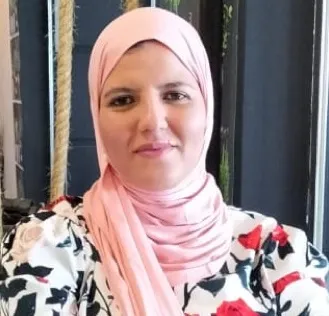About the project
Impulsive control systems (ICS) have received attention in the last decade in a wide range of applications, especially biomedical applications such as cancer treatment. This project is expected to benefit both oncology and control theory fields. You will have a unique opportunity to contribute in developing a rethinking of how the treatment is administrated in oncological clinics.
The tumour proliferation process is a complex, variable, and heterogeneous process that renders its control or eradication a challenge. This opens new directions in cancer research and clinical oncology. The aim is to provide more effective treatment to patients as a targeted personalised therapy. A key factor in personalised therapy is how drug schedules can be delivered in terms of the amount and how often and when to inject a given patient.
One barrier preventing realising clinical impact of this approach is related to the selection of a systematic therapeutic protocol for a particular patient. This project aims to propose a solution concept for modelling and controlling tumour growth process using tools from control and estimation theories.
You will be looking at a class of nonlinear ICSs were there is a lack of understanding and fundamental techniques on how to design optimal closed-loop controllers and estimators ensuring theoretical optimality guarantees. The designs become more challenging when constraints on the impulsive input such as positivity and measurements such as sparsity are present, which is the case for cancer therapy.
This project aims to contribute to the theory of impulsive control and estimation designs for a particular class of nonlinear systems with constraints on the input and output signals. You will be will be applying the developed techniques to the problem of controlling the tumour growth process using a biologically grounded model that has shown success in clinical oncology.
You will join vibrant groups with PhD students, post-docs and academics in the Digital Health and Biomedical Engineering, and Cyber Physical System groups who are working on wide range of topics including control, modelling and data analysis of biomedical and cyber physical systems.
You will have the opportunity to discuss your findings with medical experts and oncologists from Memorial Sloan Kettering Cancer Centre in New York, and Cancer Sciences Research Group at the University of Southampton.
